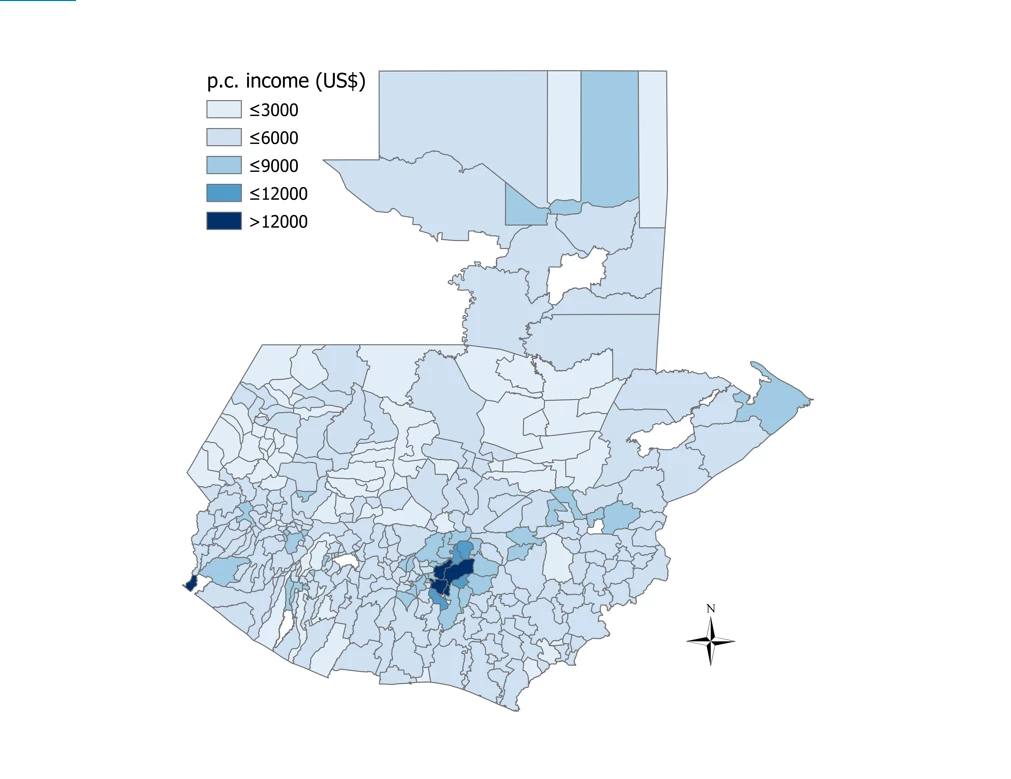
YouTube is a source of endless entertainment. It also has more meaningful content, such as video recordings of meetings between then deputy governor of Jakarta Basuki Tjahaja Purnama, city council, and local government agencies.
The objective, according to Purnama—who is now governor—is for citizens to be able to understand exactly why certain decisions were made or not made. Indeed, one video in particular of Ahok, as he is commonly known, meeting with the City Department of Public Works generated much press. In it, he uncovered an appraisal that should have only been Rp 30 million (approximately US 2,300) was marked as Rp 1 billion (US 75 thousand), prompting someone in the meeting to dramatically call out, “we’ve been discovered!”
Through the proactive disclosure of relevant, accessible, timely, and accurate information, transparency is increasingly seen as critical for the World Bank’s twin goals of ending extreme poverty and boosting shared prosperity. Transparency helps ensure that governments are efficient and effective by opening up information to public scrutiny and thus making public officials answerable for their actions and decisions. Limited resources go farther when decisions about their allocation and use are well informed, publically scrutinized, and accountable.
With support in recent years from the Open Government Partnership and others, strides are being made globally in opening up more government data to the public . Recent advancements in technology are pushing the boundaries to broaden and deepen transparency to further empower citizens to hold their governments to account.
The next stage in this agenda is deliberative transparency. It will open up the very processes of decision making themselves (not only of decisions that have taken place, but also of those that are taking—and will take—place). With the low costs involved in streaming information, there is no technical reason why more deliberative processes could not be opened up and streamed live; the benefits seem to outweigh the costs.
We know that this will change the behavior and incentives of those involved, as we have seen with the broadcasting—and now telecasting—of some parliamentary proceedings and parliamentary meetings with industry associations. While some consequences have been unintended, particularly as some parliamentarians have strived for ‘airtime’, citizens are better off seeing how our representatives perform on the public stage on which we have placed them.
This trend to disclose more information is a positive one. For instance, while the United States Federal Reserve Board meetings may not be riveting in the conventional sense, they allow market players and citizens to have an idea of what is likely to happen to monetary policy in general and to interest rates specifically.
Indeed, central bank transparency around decision making is now a central feature of monetary policy across the globe. It is seen not only as an accountability mechanism to ensure that the body is consistent with its mandate, but also as a way of allowing for smoother adjustment of the economy to decisions about interest rates. Is the same not true for public policy writ large?
Deliberative transparency could go far in shedding light on otherwise unknown processes and decisions that are shielded from the public eye. Two areas in need of this are the use of discriminatory tax incentives and the prevalence of negative investment lists, often associated with other discriminatory trade or investment barriers. Public discussion of draft incentive policies—including criteria for granting incentives—should be embraced, as should publication of information on the incentives awarded.
Discriminatory tax incentives and exemptions arise when countries engage in tax competition in the hope of attracting investment away from other countries; by then playing countries against each other to secure lower taxes, investors may benefit at the expense of countries’ finances. In some countries, these incentives are estimated to cost up to five percent of GDP. Despite involving the bestowment of billions of dollars of advantages worldwide, the decisions to award tax concessions, as well as the form of the concession itself, generally lack transparency.
Negative investment lists are when foreign interests are kept out of certain industries, chosen by governments, to protect domestic interests but rarely consumers. In many cases, the underlying logic as to why certain industries are chosen for such protection is not consistently applied (and rarely truly transparent); sometimes, it bestows a large benefit on very narrow economic interests. Similarly, actions to distort prices by, for instance, the adoption of export bans on certain minerals or discriminatory high export taxes–under the guise of developing value-added downstream industrialization—tend to create massive winners and losers overnight. The economics behind such decisions is wobbly, at best.
Full disclosure of relevant information can lead to better decision making, as those outside of the deliberation process can ensure that the interests of the public are taking precedence. Such ex ante accountability also reduces capture by special interest groups and entry points for corrupt practices.
Rather than stifle the decision making process, deliberative transparency can in fact strengthen it. The World Bank’s Open Government Global Solutions Group is harnessing these new developments, as well as leveraging the convening power of the Bank, to promote greater transparency, as well citizen participation and responsiveness, among client governments. Follow us as we push the agenda forward.
Tweet these:
Deliberative transparency exposes unknown processes and decisions previously hidden from the public.
Government data is now more publically available, global trends show.
Technology advancements now enable citizens to hold their governments accountable.
This trend to disclose more information is a positive one.
Rather than stifle the decision making process, deliberative transparency can in fact strengthen it.


Join the Conversation